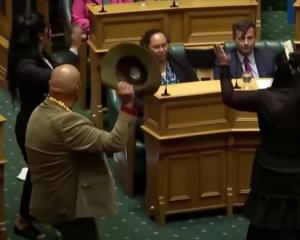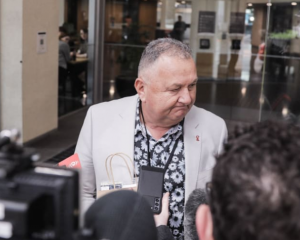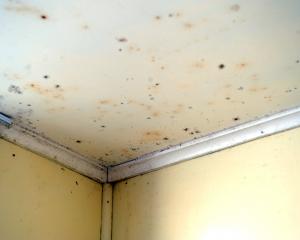The road to justice is often long and tortuous, but for the relatives of the dead killed on January 30, 1972, in Northern Ireland's infamous "Bloody Sunday", it has been interminable.
Thirty-eight years is more than a life sentence for the guilty; for the innocent it is an eternity.
Now, finally, all these years later comes the Saville Report - presided over by British Supreme Court judge Lord Saville of Newdigate - with its unequivocal exoneration of the victims and inescapable conclusion that the shootings were "unjustified".
Thus, beyond the decades of accrued grief, the pain of false accusation, the chafe of implied terrorism on the part of the victims and their families - which cannot and should not be underestimated - there was the insult of justice denied; and, devastatingly, the unconscionable subversion of all that is right and good about the exercise of power in mature democracies.
What happened on that fatal and fateful day in the Derry winter of 1972 can now be seen for what it was: a blunder by military officers occasioning the needless killing of innocent civilians, followed by years of cynical evasion and cover-up.
Responding to the report on its release last week, British Prime Minister David Cameron told the House of Commons: "I never want to call into question the behaviour of our soldiers and our army, who I believe to be the finest in the world. But the conclusions of this report are absolutely clear. There is no doubt, there is nothing equivocal, there are no ambiguities. What happened on Bloody Sunday was both unjustified and unjustifiable. It was wrong."
It was also, as Lord Saville makes clear in the concluding passages of his report, deeply tragic. "The firing by soldiers of 1 Para on Bloody Sunday caused the deaths of 13 people and injury to a similar number, none of whom was posing a threat of causing death or serious injury. What happened on Bloody Sunday was a tragedy for the bereaved and the wounded, and a catastrophe for the people of Northern Ireland."
There was, of course, a context of heightened tension and violence involving, primarily the Irish Republican Army, and more immediately, within Derry, a history of marching, rioting and lawlessness on the part of the nationalist community.
The procession that ended in such infamy began as a civil rights march and ended with some of the participants rioting.
British troops were sent to arrest offenders. During - or simultaneous to - that operation, shooting initiated by the soldiers broke out.
While there was some evidence members of the Official IRA returned fire, Lord Saville makes its clear none of the deceased posed a lethal threat, nor a reason to shoot.
By the end of the confrontation, 13 people including several teenagers, some shot in the back, lay dead or dying in the streets.
"Despite the contrary evidence given by soldiers, we have concluded that none of them fired in response to attacks or threatened attacks by nail or petrol bombers," the report said.
A high-level memorandum notwithstanding - that selected riot leaders in Northern Ireland might be shot after an appropriate warning - the report absolved the commander of the British forces of culpability, and the British state of using "unwarranted lethal force", or of tolerating, if not encouraging, it.
Instead it concluded that there was a "serious and widespread loss of fire discipline among the soldiers" on the occasion.
It singled out the commanding officer of 1 Para as having either not complied with or deliberately disobeyed orders.
For their part, the relatives and survivors of the Bloody Sunday march have greeted the report with joy, relief and, in some cases, a bewildered sense of unreality.
A report, conducted by Lord Widgery in 1972, accused the victims of firing weapons or handling bombs. That report, long considered to be suspect, has now been entirely discredited.
The Saville Report, and its subsequent public endorsement by Mr Cameron, not only lifts a great burden from the people of Derry, it also goes some way to removing a stain etched deep into the fabric of relations between the UK Government and the Catholic nationalists of Northern Ireland.
Just as importantly it begins the delicate, but critical, task of rebuilding confidence in transparent and accountable state power as wielded in one of the world's great democracies - which, during this dark chapter in its history, has been found seriously wanting.












